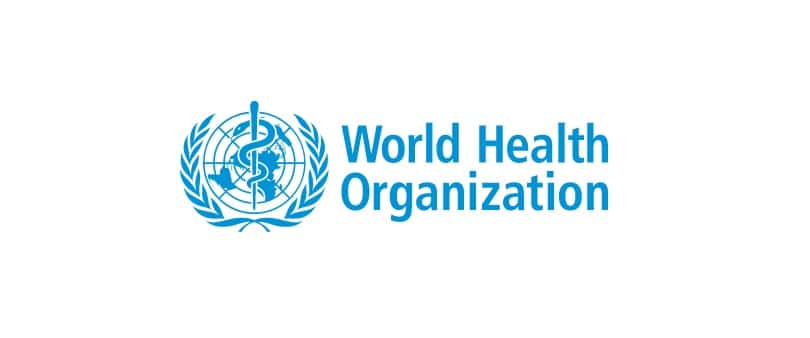World Health Organization Challenges Optometrists to Address Global Vision Care Deficiencies
Tuesday, October 29 2019 | 16 h 49 min | News, Press Release
In an address to thousands of optometrists, vision care professionals and optometry students in Orlando on Wednesday, Dr. Alarcos Cieza of the World Health Organization (WHO) challenged the profession to help improve the availability, affordability and quality of vision care in underserved communities and developing nations around the world.
Her address was the inaugural public presentation of the first ever World report on vision by WHO that identifies a profound need for potentially life-changing vision care among 2.2 billion people on the planet who suffer from vision problems, more than 1 billion of them with an impairment that could have been prevented or is yet to be addressed. The report highlights disparities of care in developed and developing countries, in urban and rural centers, among younger and aging demographics and between affluent and impoverished populations. “We hope the eye care sector feels the same urgency for action that we at WHO feel,” Dr. Cieza said. “Eye care is very, very often not part of a health care strategic plan.”
The WHO World report on vision also anticipates a growth in the number of people worldwide suffering from myopia or nearsightedness. In 2010 myopia affected approximately 27% of the world’s population. By 2050 with an aging population and a global increase in the incidence of diabetes, that number is expected to climb to 50%. The report identifies multiple reasons for the disparity such as inaccessibility of care including lack of universal health coverage, lack of integration into the health care system and in many countries, an uncoordinated and unregulated workforce.
Tim McMahon, OD, FAAO, American Academy of Optometry board president-elect says the organization accepts the challenge and will put its weight behind developing solutions. “The optometric community has the opportunity and obligation to address the issues raised in the World Health Organization’s report. In the coming months, we will discuss how we can do that,” he said.
Scott Mundle, OD, president of the World Council of Optometry concurred, “We recognize the need that has been identified and as yet unmet. Optometry is well-positioned and prepared to work collaboratively towards a solution to these global eye health care issues.”
The Academy is a North American based association with a global reach, serving over 13,000 optometric professionals and students. The organization’s goal is to improve optometric practice through lifelong learning with education and research. The academy is perhaps best recognized for its coveted Fellowship program (FAAO) signifying adherence to the highest standards of professional competence in vision care.
Academy 2019 Orlando and the 3rd World Congress of Optometry is drawing more than 8,000 optometrists, ophthalmologists, vision care professionals, students, support personnel and media to Florida to discuss the latest optometric developments, trends and strategies. The World Council of Optometry is pleased to partner with the Academy this year to bring awareness of international optometry and the various eye care challenges globally.
For more information, visit www.aaopt.org/2019 or www.worldcongressofoptometry.org.








